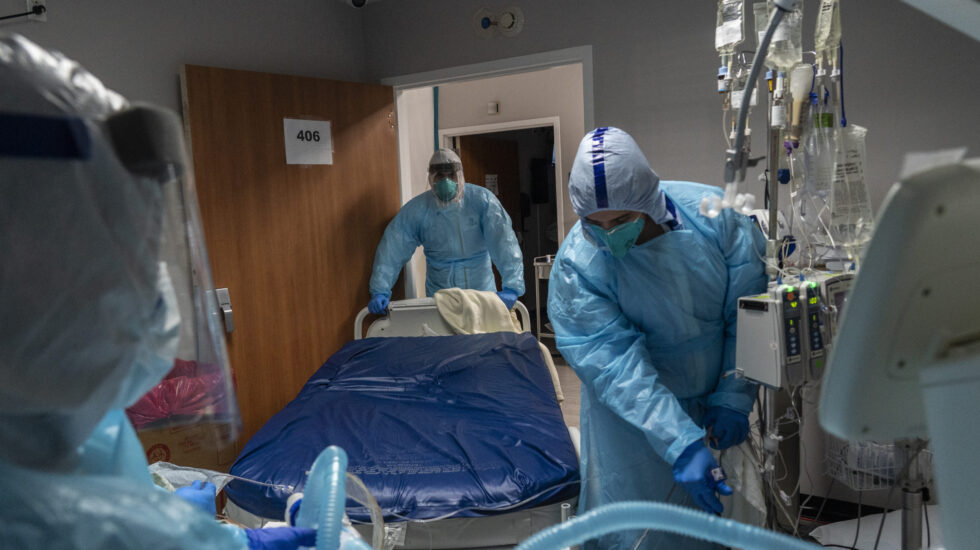Battered by COVID-19 and an increase in drug overdoses, Americans’ life expectancy dipped 1.5 years in 2020, the biggest single year decline since WWII. It now sits at 77.3 years.
COVID-19, which has killed over 600,000 Americans, accounts for 74% of the dip, according to the Centers for Disease Control and Prevention. 93,000 fatal drug overdoses – the most ever recorded in a single year – also forced down life expectancy. So did a rise in homicides.
In addition, many Americans skipped needed medical care during the pandemic. That has implications for years to come. From The Wall Street Journal:
The full toll of the pandemic has yet to be seen, doctors and public-health officials said. Many people skipped or delayed treatment last year for conditions such as diabetes or high blood pressure, and endured isolation, stress and interruptions in normal diet and exercise routines.
Time provides context:
The tally represents an extraordinarily grim accounting of an ongoing catastrophe. The first year of the pandemic delivered a bigger blow to American life expectancy than any year of the Vietnam War, the AIDS crisis or the “deaths of despair” that nudged down life expectancies in the mid-2010s.
“It’s horrific,” Anne Case, a professor emeritus of economics and public affairs at Princeton University, told The Washington Post. “It’s not entirely unexpected given what we have already seen about mortality rates as the year went on, but that still doesn’t stop it from being just horrific, especially for non-Hispanic Blacks and for Hispanics.”
Indeed, communities of color experienced a particularly big drop. From NPR:
For African Americans, life expectancy dropped by 2.9 years from 74.7 years in 2019 to 71.8 in 2020.
U.S. Hispanics — who have a longer life expectancy than non-Hispanic Blacks or whites saw the largest decline in life expectancy during the pandemic, dropping 3 years from 81.8 years in 2019 to 78.8 years in 2020. Hispanic males saw the biggest decline, with a drop of 3.7 years. COVID-19 was responsible for 90% of the decline among Hispanics.
“It is impossible to look at these findings and not see a reflection of the systemic racism in the U.S.,” Lesley Curtis, chair of the Department of Population Health Sciences at Duke University School of Medicine, told NPR.
“I really hope that this is a wake-up call for the U.S.,” Jennifer Karas Montez, a professor of sociology and co-director of the Policy, Place, and Population Health Lab at Syracuse University told USA Today. “We’re relying a lot on a medical fix – on vaccines. And I don’t think that’s enough.”



